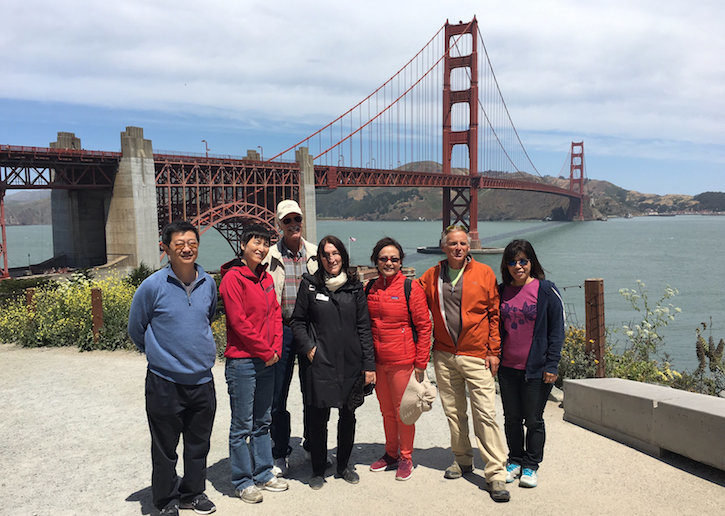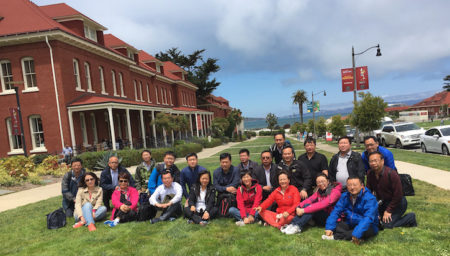
The Paulson Institute recently hosted a delegation of Chinese government officials for a two-week study trip in the United States to learn about the U.S. national park system, as well as theories and best practices of parks’ management.
The training program is part of a cooperation between the Paulson Institute and the Chinese government aimed at helping China develop a comprehensive system of national parks best suited to the Chinese context. In 2015, the central government named nine provinces for piloting national parks. In addition to working with the Chinese central government agencies on the development of technical guidance, case studies of national park systems in key countries, and capacity building, the Paulson Institute is helping with the development of plans at one of the pilot projects, in Wuyishan, Fujian.

While in the United States, the Chinese delegation attended daily lectures by U.S. national parks managers and experts and conservation veterans on such subjects as legislation and governance of the national park system, natural resources management, conservation approaches, preservation of historic heritages, fundraising, storytelling, and interpretation. The delegation also visited Shenandoah National Park in Virginia, Golden Gate National Recreation Area, and Point Reyes National Seashore in California, and had on-site trainings.
The trip aimed to equip the Chinese officials and experts with best practices that will help them back home, where they are working on concrete plans for China’s new national parks. The Chinese national park system is intended to complement and improve on China’s existing protected area system, which covers approximately 18 percent of China’s land, a proportion higher than the global average. But ineffective management and insufficient funding are perennial challenges facing these protected areas.
The Paulson Institute aims to help China explore and develop a sound national park system in order to strengthen nature conservation while providing education, recreation, and enjoyment for the public.



